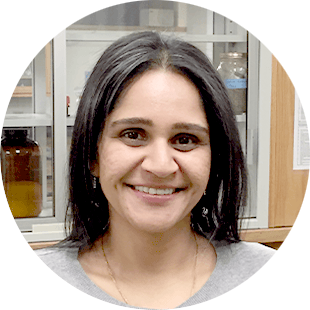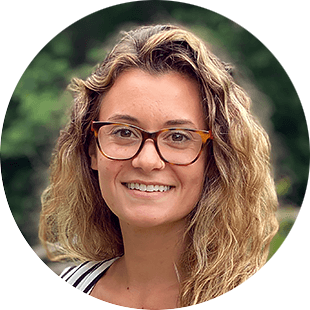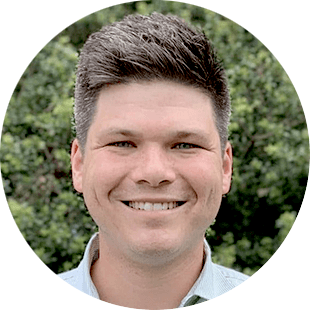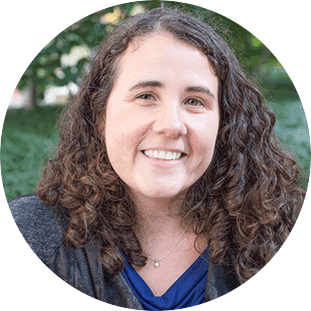Clomid, also known as clomiphene citrate, is a commonly prescribed fertility medication that plays a crucial role in helping individuals struggling with infertility. This medication is often the first line of treatment for women who have ovulation issues or irregular menstrual cycles.
Where To Buy Clomid 100mg Online?
| Drug Name: | Clomid | ||
|---|---|---|---|
| Tablet Strength: | 100mg x 120 Pills | ||
| Best Price: | $96.33 | Per Pill | $0.80 |
| Where to buy? |
Clomid works by stimulating the hormones in the brain that trigger ovulation. By promoting the release of eggs from the ovaries, Clomid increases the chances of conception for women trying to get pregnant. It is typically taken orally for a specific number of days during the menstrual cycle.
In fertility treatment, Clomid is used to induce ovulation in women who have polycystic ovary syndrome (PCOS), irregular ovulation, or unexplained infertility. It can also be prescribed to men with low sperm count or poor sperm motility to improve their fertility.
It’s important to note that Clomid should only be taken under the supervision of a healthcare provider specialized in fertility treatments. While Clomid has helped many couples achieve their dream of starting a family, it may not be suitable for everyone and can have side effects that need to be monitored closely.
Understanding the basics of Clomid and its function in fertility treatment is essential for those considering this medication as part of their journey towards parenthood. Always consult with a medical professional to determine if Clomid is the right option for your specific fertility needs.
How Clomid Works: Exploring the Mechanism of Action for Ovulation Induction
Clomid, also known as clomiphene, is a commonly prescribed medication for women struggling with infertility issues. Understanding how Clomid works can provide valuable insights into its role in ovulation induction.
Clomiphene functions by stimulating the release of hormones essential for ovulation. It works by blocking estrogen receptors in the brain’s hypothalamus, which results in increased production of follicle-stimulating hormone (FSH) and luteinizing hormone (LH). These hormones are crucial for triggering the development and release of mature eggs from the ovaries.
For women facing ovulation problems, Clomid can be a game-changer. By promoting regular ovulation, it enhances the chances of successful conception. This mechanism of action makes Clomid a popular choice among healthcare providers when addressing infertility concerns related to irregular or absent ovulation.
In conclusion, understanding the mechanism of action behind Clomid sheds light on its significance in assisting women with ovulation issues. As a trusted option for inducing ovulation, Clomid plays a vital role in fertility treatments and offers hope to those striving to start or expand their families.
Indications for Clomid Usage: When and Why Is Clomid Prescribed by Doctors?
Clomid, also known as clomiphene citrate, is a commonly prescribed fertility drug used to help women ovulate. It is often recommended for women who are struggling with infertility due to ovulation issues. Clomid works by stimulating the release of hormones needed for ovulation.
Doctors typically prescribe Clomid in cases where a woman is not ovulating regularly or at all. This can occur due to conditions such as polycystic ovary syndrome (PCOS), irregular menstrual cycles, or unexplained infertility. By promoting ovulation, Clomid can increase the chances of conception for these women.
It’s important to note that Clomid should only be taken under the guidance and supervision of a healthcare provider. They will determine the appropriate dosage and duration of treatment based on individual circumstances. Monitoring during treatment may include blood tests and ultrasounds to track ovarian response.
Overall, Clomid is prescribed by doctors when there is a specific need to induce ovulation in order to improve fertility outcomes for women facing challenges in this area.
Potential Side Effects and Risks Associated with Clomid Treatment
When considering Clomid treatment, it is important to be aware of the potential side effects and risks associated with this medication. While Clomid, also known as clomiphene or clomifene, is commonly used to treat infertility in women, like any medication, it comes with its own set of risks.
Some common side effects of Clomid treatment include hot flashes, mood swings, breast tenderness, and nausea. These side effects are usually mild and temporary for most women. However, there are more serious risks associated with taking Clomid that should not be overlooked.
One of the main risks of Clomid treatment is the possibility of developing ovarian hyperstimulation syndrome (OHSS). This condition can cause swelling and pain in the abdomen, as well as nausea and vomiting. In severe cases, OHSS can lead to complications such as blood clots or kidney failure.
Another risk to consider is the potential for multiple pregnancies when taking Clomid. The medication can increase the likelihood of conceiving twins or even higher-order multiples like triplets or quadruplets. While some may see this as a positive outcome, multiple pregnancies come with their own set of risks for both the mother and babies.
It’s essential for anyone considering Clomid treatment to discuss these potential side effects and risks with their healthcare provider. Monitoring by a medical professional during treatment can help mitigate these risks and ensure a safe experience while using this fertility medication.
Clomid Success Rates: Understanding the Efficacy and Factors Influencing Treatment Outcomes
Clomid, also known as clomifene or clomiphene, is a commonly prescribed fertility medication used to induce ovulation in women struggling with infertility. Understanding the success rates and factors influencing treatment outcomes can provide valuable insights for those considering this form of therapy.
Research indicates that Clomid has a success rate of approximately 70-80% in inducing ovulation, making it an effective option for many women experiencing ovulatory disorders. However, the chances of achieving pregnancy with Clomid can vary based on individual factors such as age, underlying fertility issues, and overall health.
While some women may experience successful pregnancies after using Clomid, others may require additional interventions or alternative treatments to achieve their desired outcome. It’s essential for individuals undergoing Clomid therapy to work closely with their healthcare provider to monitor progress and make informed decisions regarding their fertility journey.
Fertility success stories with Clomid abound, showcasing the positive impact this medication can have on helping individuals realize their dreams of starting or expanding their families. By understanding the efficacy of Clomid and the factors that can influence treatment outcomes, individuals can approach fertility treatment with knowledge and confidence.









